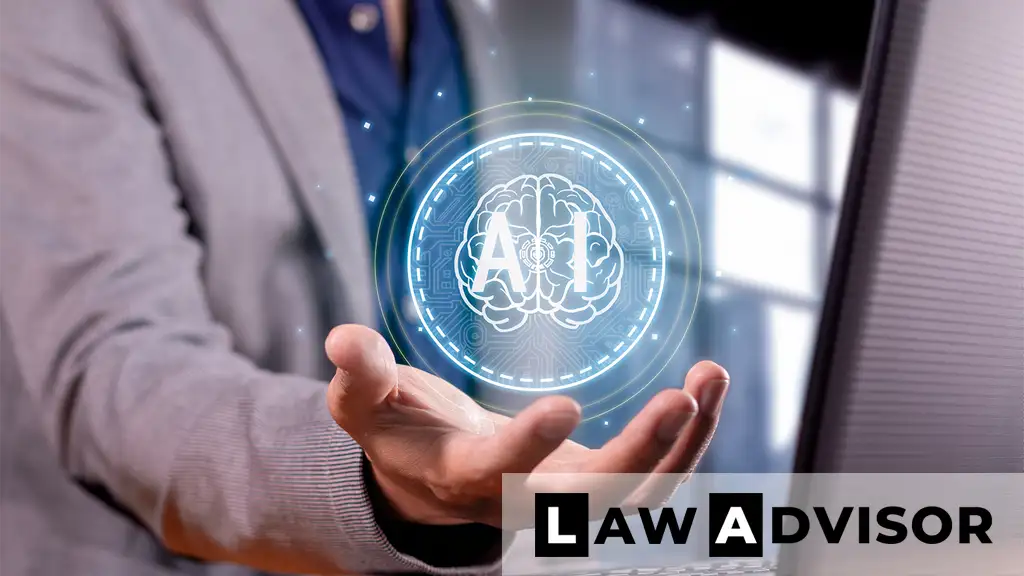If you’ve ever watched a legal drama or read the news, you’ve probably heard the terms “felony” and “misdemeanor.” But what do they really mean in the legal system—and more importantly, what’s the actual difference between them?
Understanding the distinction between felonies and misdemeanors is crucial because it can significantly affect a person’s legal rights, future opportunities, and the severity of the consequences they may face.
Overview: Felony vs. Misdemeanor
In the United States, criminal offenses are typically divided into two main categories: felonies and misdemeanors. Both are criminal charges, but they differ in severity, penalties, and long-term impact.
| Category | Felony | Misdemeanor |
|---|---|---|
| Severity | Most serious crimes | Less serious crimes |
| Jail Time | Over 1 year (prison) | Up to 1 year (county jail) |
| Fines | High (can exceed $10,000) | Typically under $1,000–$5,000 |
| Examples | Murder, rape, robbery | DUI, petty theft, trespassing |
| Impact | Can affect voting, employment | May result in lesser impact |
What Is a Misdemeanor?
A misdemeanor is a less serious crime than a felony. It usually involves minor harm to individuals, property, or public order.
Common Examples of Misdemeanors:
- Simple assault
- Petty theft
- Public intoxication
- Vandalism
- First-time DUI or DWI (in some states)
- Disorderly conduct
Penalties:
- Jail time up to 12 months, typically in county or local jail
- Fines (usually under $5,000)
- Community service
- Probation
✅ Misdemeanors may still show up on background checks but are generally seen as less damaging than felonies.
What Is a Felony?
A felony is the most serious type of criminal offense. These crimes often involve violence, high-value property damage, or serious threats to public safety.
Common Examples of Felonies:
- Murder or manslaughter
- Rape or sexual assault
- Armed robbery
- Arson
- Drug trafficking
- Kidnapping
- Identity theft (large scale)
Penalties:
- More than one year in a state or federal prison
- Substantial fines (can exceed $10,000)
- Parole or long-term probation
- Potential loss of civil rights, like voting or owning a firearm
⚠️ A felony conviction can have lifelong consequences for employment, housing, and immigration.
Wobblers: Crimes That Can Be Either
Some crimes are considered “wobblers”—they can be charged as either a misdemeanor or felony depending on the:
- Severity of the crime
- Defendant’s criminal history
- Circumstances (e.g., value of stolen property)
Example: A simple theft of a small item may be a misdemeanor, while stealing expensive electronics can become a felony.
Long-Term Consequences: Felony vs. Misdemeanor
| Impact Area | Felony | Misdemeanor |
| Employment | Many employers may refuse to hire | May affect some jobs |
| Housing | Can make renting difficult | Less impact than felonies |
| Gun Ownership | Usually revoked | Often not affected |
| Voting Rights | Can be lost (varies by state) | Usually retained |
| Immigration Status | Can lead to deportation | May impact but less likely |
Can a Misdemeanor or Felony Be Expunged?
Expungement is the process of sealing or erasing a criminal record from public view. It depends on state laws and the severity of the offense:
- Misdemeanors are more commonly eligible for expungement
- Felonies may be expunged in some cases, especially non-violent offenses
Should You Hire a Lawyer?
Yes—whether you’re facing a felony or a misdemeanor, consulting a qualified criminal defense attorney is essential. They can:
- Protect your rights
- Reduce charges
- Negotiate plea deals
- Help you avoid jail or prison
Final Thoughts
Understanding the difference between a felony and a misdemeanor is more than legal knowledge—it’s about protecting your rights and your future. Whether you’re accused, researching, or helping someone else, this information can help you navigate the system more confidently.
At Law Advisor Pro, we make complex criminal law simple to understand. Bookmark us as your go-to resource for all things legal.
⚖️ Need legal help? Always consult a licensed attorney in your state for case-specific advice.





